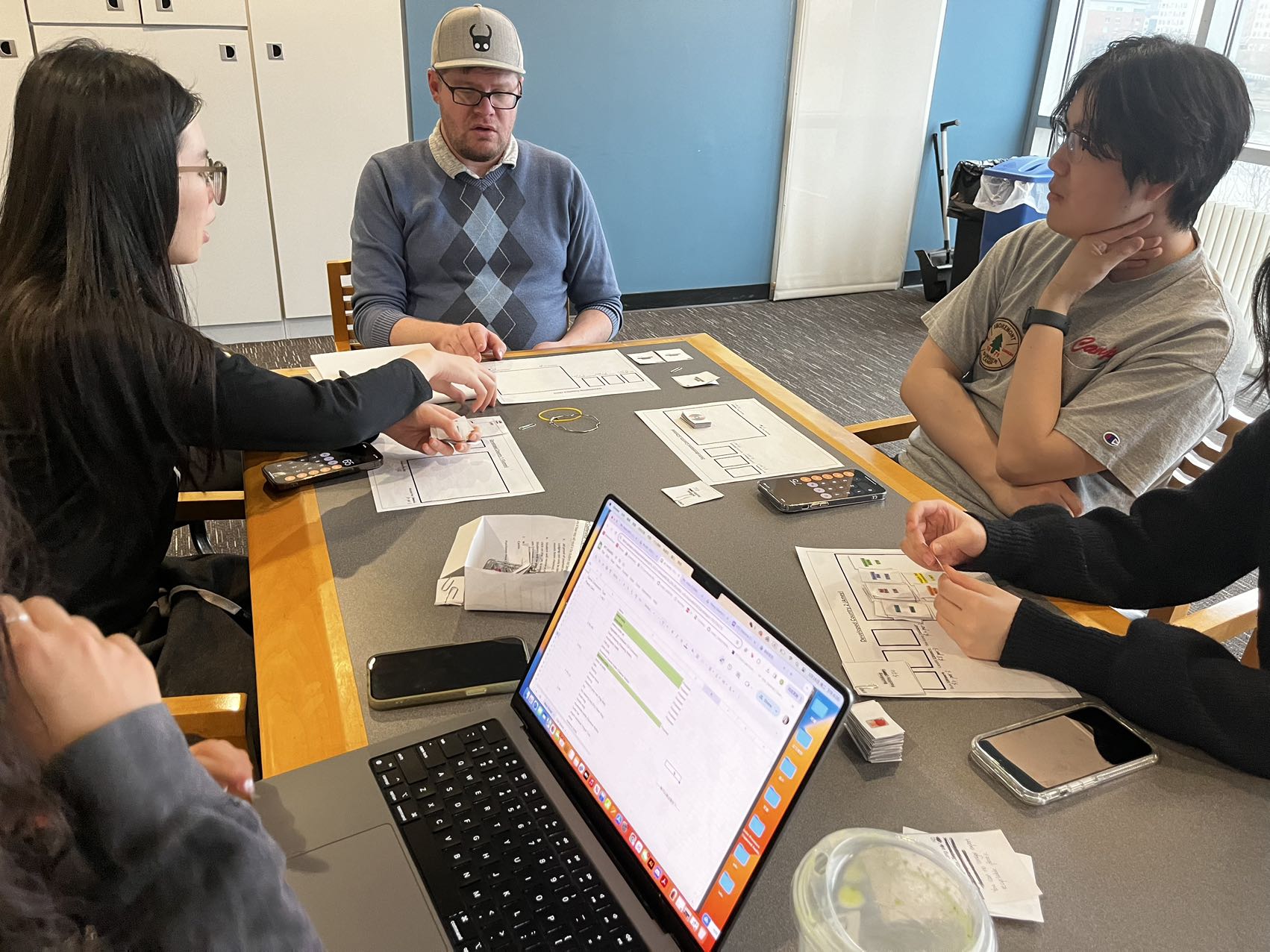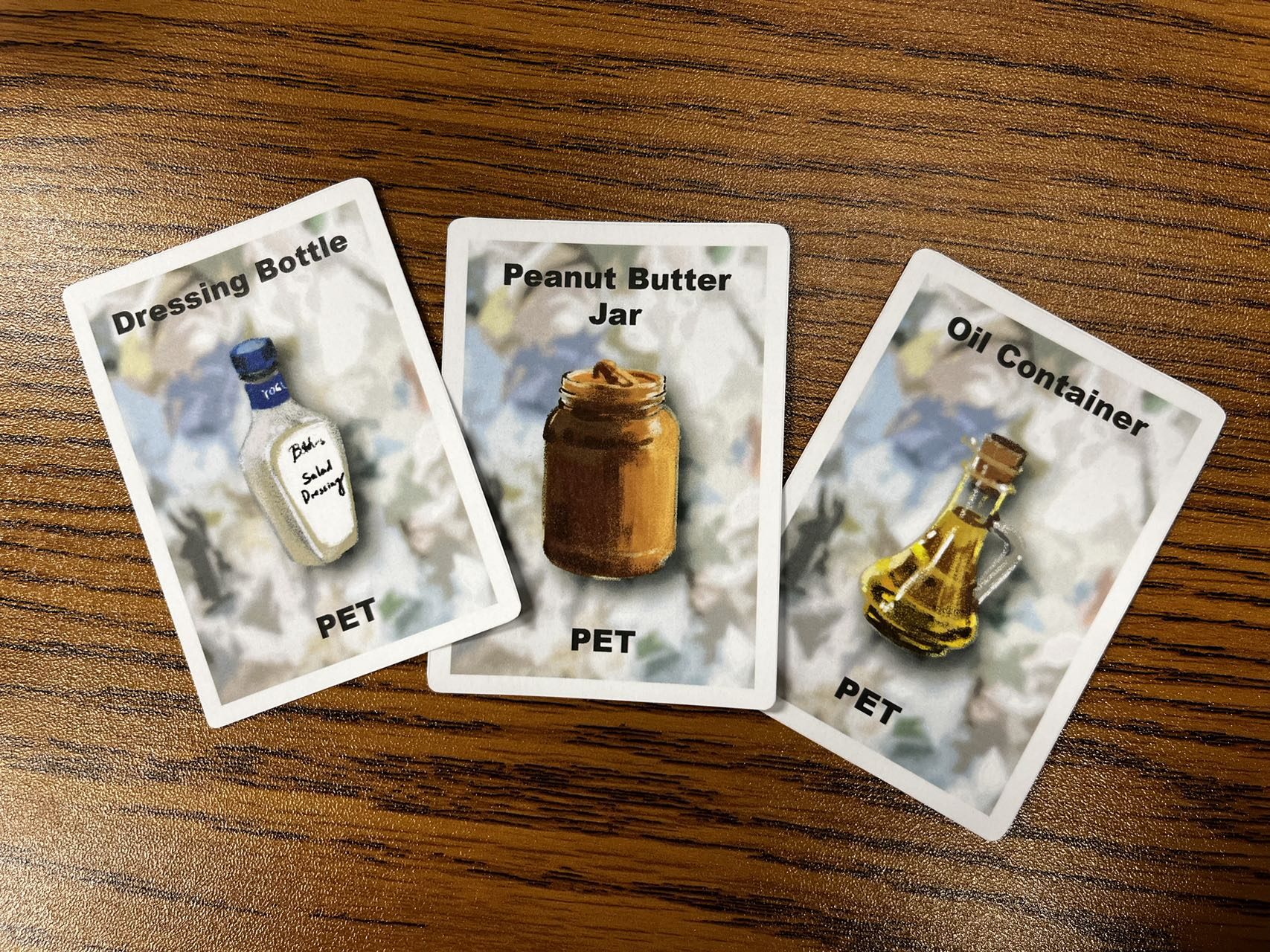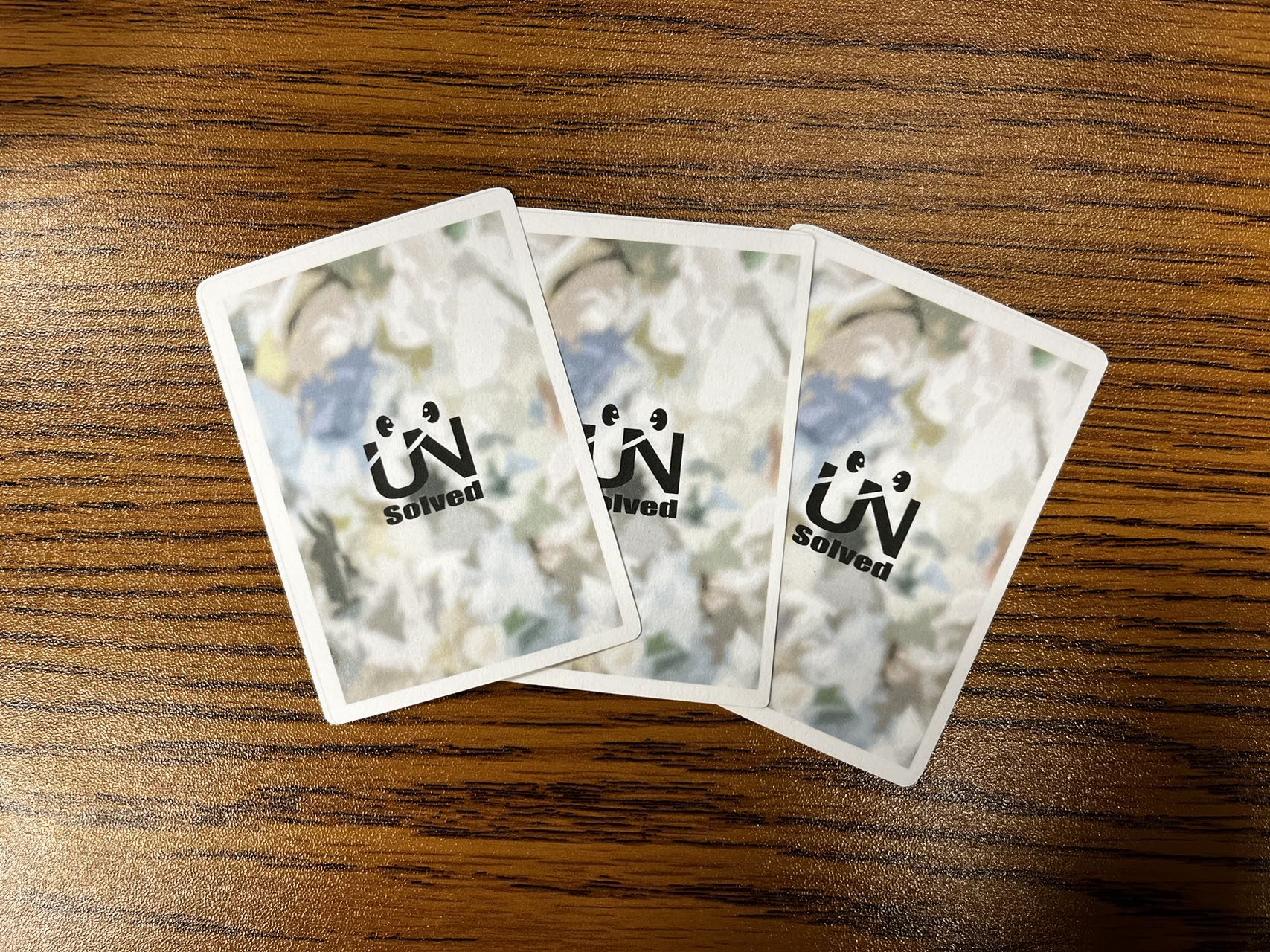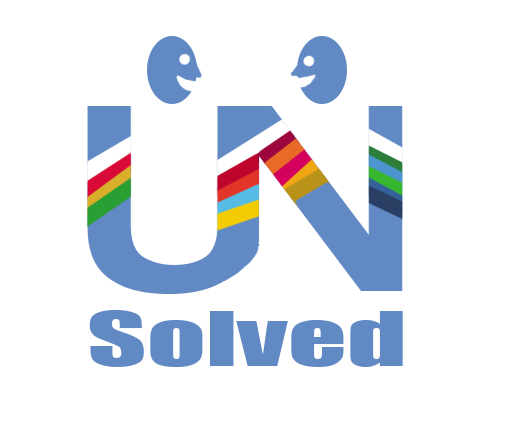Mar 25 – 29, 2024
At the beginning of this week, based on feedback from last week’s playtest, we combined research and player experience to iterate on values such as the initial trash cards and tokens each country has, as well as the amount of money needed to build recycling pipelines. We also created a slideshow as a final reveal and conclusion for the session. Meanwhile, our artists worked on 30 different plastic trash cards, cards, and board UI designs with our designer Aldora.

Playtest with Jonathon:
On Tuesday, we playtested the latest version of our game with Jonathon, and get some suggestions:
- Paralyzing number of choices on first turn, without any guidance.
- Loudest and most active players have major advantages, without turn-taking.
- Still needs to be simplified further, while maintaining the overall dynamics.
- They want players to play in teams, which is going to create coordination issues and require more time for teams to make choices.
- Overall, though, it seems to do what they want, if they can focus it more.

Instructor meeting:
We brought our playable cards demo to the instructor meeting, and talked about our game mechanics. Here are some mean takeaways:


1. Rules and Entry Barrier:
- Consider making the first round easier for players to start.
- Alternatively, add an introductory round to ease players into the game.
- Data accuracy is not a concern, but the ability to explain details is important.
2. Rule Complexity:
- Adding a hint deck to provide guidance without excessive wording might be helpful, and more guidance but with fewer words.
3. Cheating (Forgetting) Problem:
- Recycling rounds need to be supervised by the team at a hosted table.
- Track the scores players get.
- Add a user interface/user experience (UI/UX) component on the board.
4. Game Introduction:
- Use slideshows to introduce the differences between developed and underdeveloped countries at the beginning, but be mindful of time constraints.
5. Playtest Day Preparation:
- Arrive early to set up the room.
- Schedule the session using specific time slots.
The overarching goal is to develop a self-contained and comprehensive game package that allows others to engage and play independently without needing external guidance or facilitation. To achieve this objective, several critical steps must be taken in the immediate future.
Combining the suggestions we receive, Our next step would be:
- Design an introduction round.
- Design the board.
- Clarify the class setting.
- Plan the session and play with instructors by next Wednesday.
- Clarify the materials needed for the team and players.
By the end of this week, all the art assets, including trash cards, policy cards, ambassador cards, tokens, and boards, will be designed and drawn, ready for final confirmation before printing. On Thursday, the designers are working on the introduction round and other iterations, while the producers are working on creating a rulebook to include in the box to guide future groups who want to play our game.

